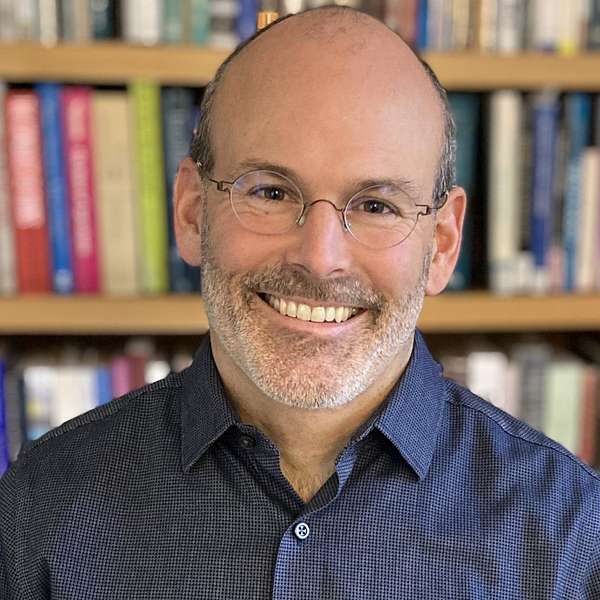
Flourishing After Addiction with Carl Erik Fisher
Addiction psychiatrist and bioethicist Carl Erik Fisher explores addiction and recovery from science to spirituality, from philosophy to politics, and everything in between. He interviews leading experts in areas such as psychology, neurobiology, history, sociology, and more--as well as policy makers, advocates, and people with lived experience.
A core commitment of the show is we need more than medicine to truly understand addiction and recovery. The challenges and mysteries of this field run up against some of the central challenges of human life, like: what makes a life worth living, what are the limits of self control, and how can people and societies change for the better? These are enormous questions, and they need to be approached with humility, but there are also promising ways forward offered by refreshingly unexpected sources.
There are many paths to recovery, and there is tremendous hope for changing the narrative, injecting more nuance into these discussions, and making flourishing in recovery possible for all.
Please check out https://www.carlerikfisher.com to join the newsletter and stay in touch.
Flourishing After Addiction with Carl Erik Fisher
Understanding addiction through contemplative science, with Dr. Jud Brewer
Use Left/Right to seek, Home/End to jump to start or end. Hold shift to jump forward or backward.
Judson Brewer ("Dr. Jud") is a renowned addiction psychiatrist and neuroscientist who has spent over two decades studying the mechanisms of addiction and the effects of mindfulness on behavior change. On this episode of Flourishing After Addiction, it was great to talk with him about some extraordinary connections between the science of addiction and contemplative practice.
We talk about Jud's own experience with panic attacks, how he found mindfulness to be a powerful tool to work with anxiety, and how this personal experience helped him to see the connections between addictive cravings and the fundamental processes of anxiety. More broadly, we discuss how the urge to control our experiences is often the root of our suffering ("control is the problem, not the solution"). He connects this notion in how the brain's reward-based learning system works and how it can lead to perversely reinforcing unhelpful habits. And connecting this work to broader topics in contemplative practice, he describes how Buddhist philosophy and the concept of craving relates to the underpinnings of addiction he's uncovered in his neuroscience lab. We talk about the role of values and ethics in recovery and in treatment, including how to work with ethics as a practice without getting bogged down by a sense of obligation or guilt--approaching ethics with a sense of curiosity and openness, rather than judgment or rigidity.
And, to conclude the episode, Jud leads us through a beautiful guided practice of opening and curiosity, a mini-meditation to help us cultivate awareness and non-judgmental acceptance.
Dr. Jud Brewer is an addiction psychiatrist, neuroscientist, mindfulness practitioner, and author. He is the Director of Research and Innovation at the Mindfulness Center and an associate professor at the School of Public Health at Brown University. His research focuses on the neural mechanisms of mindfulness and how it can be used to treat addiction and other behavioral disorders. He has published numerous scientific articles, and he is the author of The Craving Mind (Yale University Press, 2017) and the New York Times best-seller, Unwinding Anxiety (Avery/Penguin Random House, 2021). He is also an experienced mindfulness teacher and has trained thousands of people in the art of meditation and mindfulness-based approaches to behavior change.
In this episode:
- Jud's website
- his apps for habit change
- Episodes mentioned: Melissa Febos, John Kelly, Elias Dakwar, and Eric Garland
- Jud's academic work connecting addiction science to the Buddhist concept of dependent origination: "Craving to quit"
- "Meditation experience is associated with differences in default mode network activity and connectivity"
Sign up for my newsletter and immediately receive my own free guide to the many pathways to recovery, as well as regular updates on new interviews, material, and other writings.